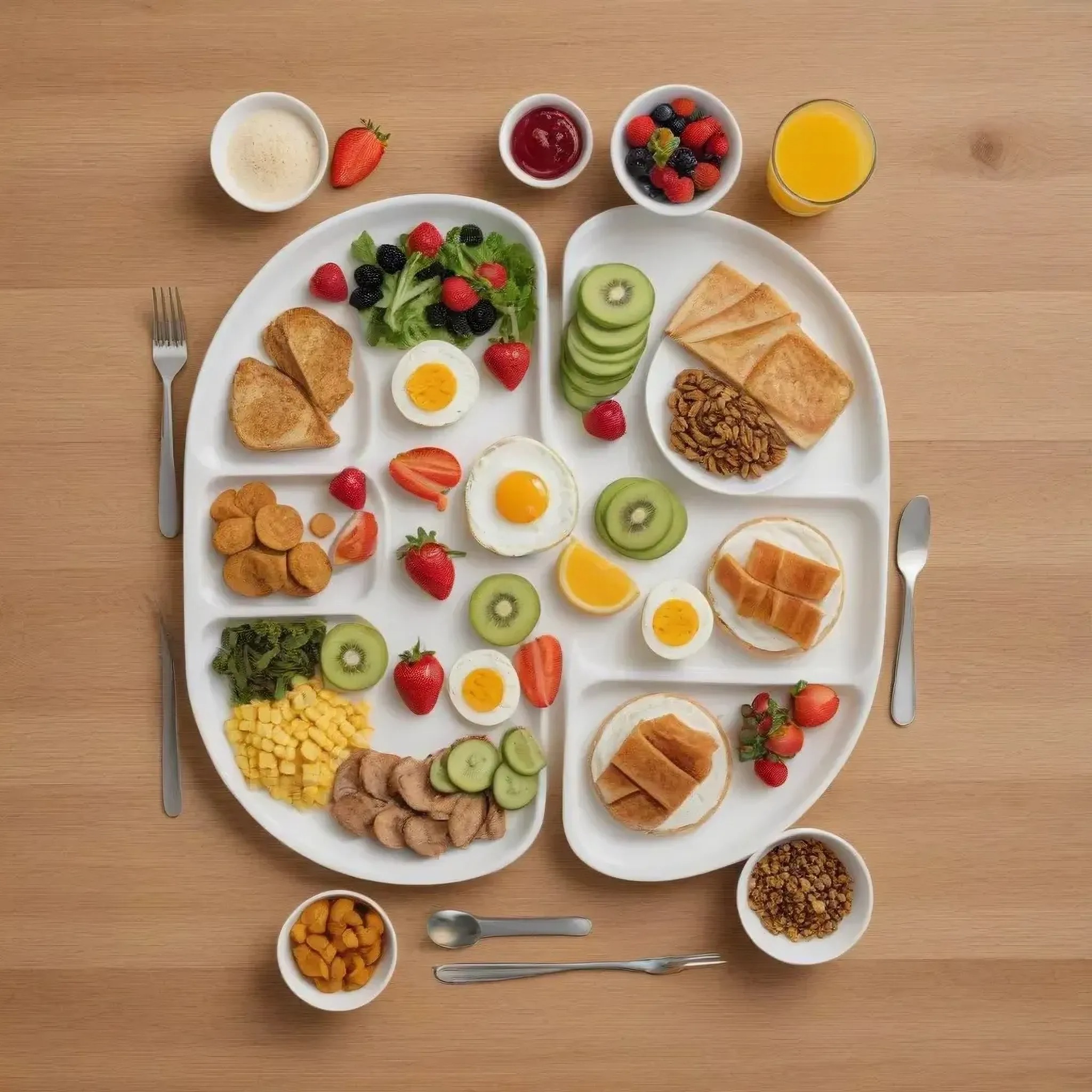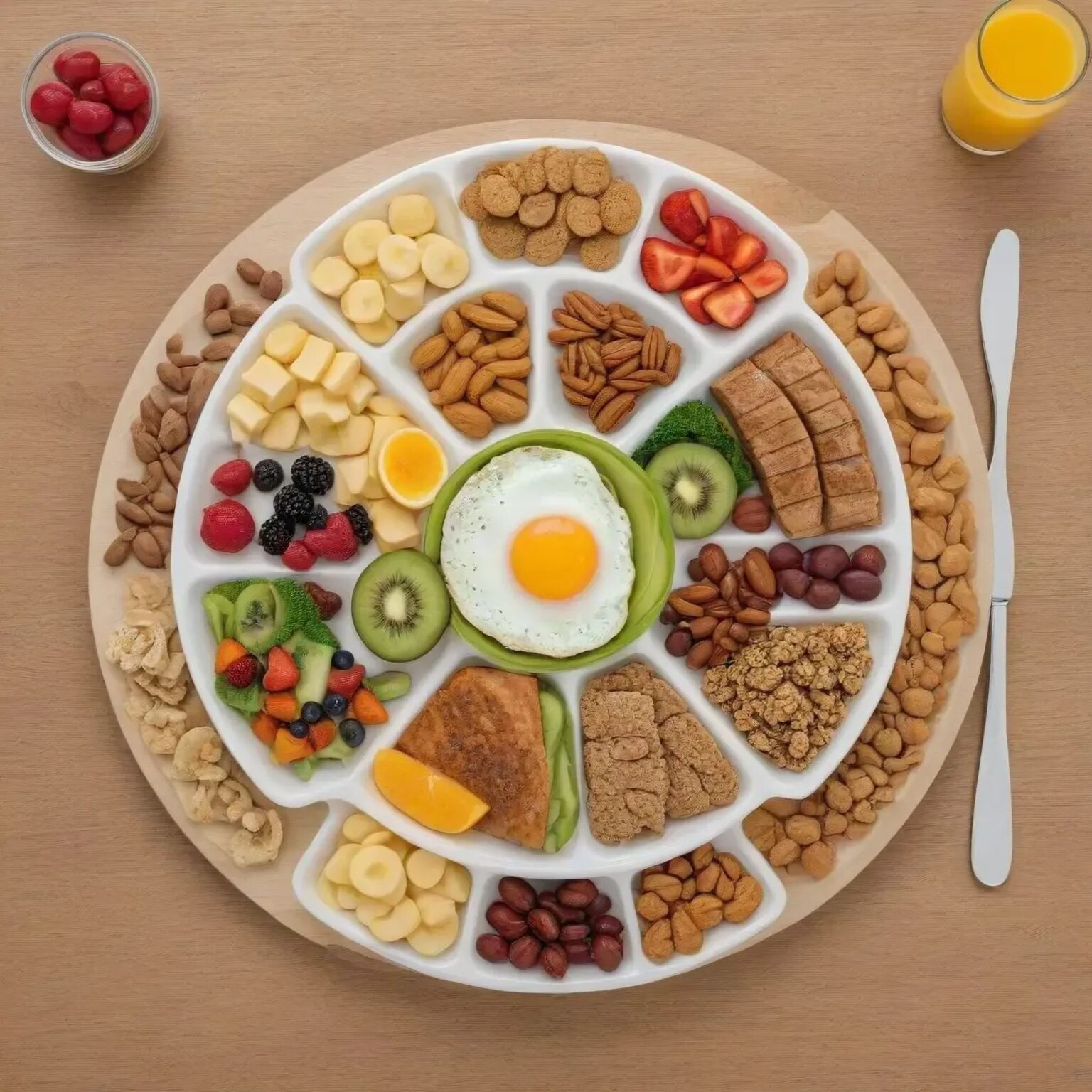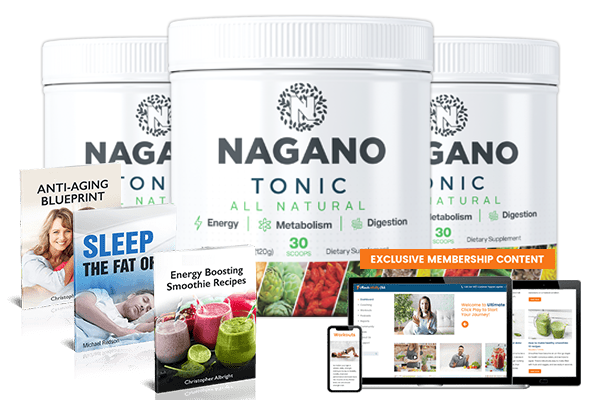Embarking on a weight loss journey involves more than just cutting calories—it requires a balanced approach that includes a variety of nutrient-dense foods. A well-structured diet chart can help guide you through this process, ensuring that you lose weight effectively while maintaining overall health. Below is a detailed guide to a healthy diet chart for weight loss, including a sample meal plan and explanations of each component.
Understanding the Basics
- Caloric Deficit To lose weight, you need to consume fewer calories than you burn. This caloric deficit should be moderate to prevent nutritional deficiencies and ensure sustainable weight loss. Aim for a daily caloric deficit of 500 to 750 calories, which typically results in a weight loss of about 1 to 1.5 pounds (0.68 kg) per week.
- Macronutrient Balance A balanced diet includes three primary macronutrients: carbohydrates, proteins, and fats. Each plays a unique role in the body:
- Carbohydrates: Provide energy for daily activities and brain function. Opt for complex carbs like whole grains, fruits, and vegetables.
- Proteins: Essential for muscle repair and growth, proteins also help keep you full. Include lean sources such as chicken, fish, tofu, and legumes.
- Fats: Healthy fats support cellular functions and hormone production. Include sources like avocados, nuts, and olive oil.
- Fiber-Rich Foods high in fiber, such as fruits, vegetables, and complete grains, enhance satiety and regulate digestion. Fiber slows down the absorption of sugar and keeps you full longer.
- Hydration Adequate water intake is crucial for metabolism, digestion, and controlling hunger. Aim to drink at least 8 glasses (2 liters) of water daily, and more if you are physically active or in a hot climate.
- Moderation and Portion Control Even healthy foods can lead to weight gain if consumed in excessive amounts. Practice portion control to maintain a calorie deficit while still receiving necessary nutrients.
Healthy Diet Chart for Weight Loss

Here’s a structured meal plan designed to support weight loss while providing balanced nutrition. This chart includes a variety of nutrient-dense foods that promote satiety and energy.
| Meal | Food Choices | Portion Size | Calories | Protein | Carbs | Fats |
|---|---|---|---|---|---|---|
| Breakfast | Greek Yogurt with Berries and Chia Seeds | 1 cup (0.24 liters) Greek yogurt, 1/2 cup berries, 1 tbsp chia seeds | ~300 | 20g | 35g | 8g |
| Whole Grain Toast with Avocado | 1 slice toast, 1/4 avocado | ~250 | 4g | 30g | 14g | |
| Mid-Morning Snack | Apple Slices with Almonds | 1 medium apple, 10 almonds | ~200 | 4g | 22g | 14g |
| Lunch | Grilled Chicken Salad with Mixed Greens and Quinoa | 4 oz chicken, 2 cups (0.47 liters) salad greens, 1/2 cup quinoa, 1-2 tbsp vinaigrette | ~400 | 30g | 35g | 12g |
| Afternoon Snack | Carrot Sticks with Hummus | 1 cup (0.24 liters) carrot sticks, 2 tbsp hummus | ~150 | 4g | 15g | 8g |
| Dinner | Baked Salmon with Steamed Broccoli and Sweet Potato | 4 oz salmon, 1 cup (0.24 liters) broccoli, 1 small sweet potato | ~500 | 30g | 45g | 15g |
| Evening Snack | Cottage Cheese with Sliced Cucumber | 1/2 cup cottage cheese, 1/2 cucumber | ~100 | 10g | 5g | 4g |
Explanation of Each Meal
- Breakfast
- Greek Yogurt with Berries and Chia Seeds: Greek yogurt is high in protein and probiotics, aiding digestion and muscle repair. Berries provide antioxidants and vitamins, while chia seeds offer fiber and healthy fats.
- Whole Grain Toast with Avocado: Whole grain toast supplies complex carbs and fiber. Avocado adds healthy fats, which are essential for heart health and help keep you full.
- Mid-Morning Snack
- Apple Slices with Almonds: Apples are rich in fiber and vitamins. Almonds provide protein and healthy fats, making this snack both satisfying and nutritious.
- Lunch
- Grilled Chicken Salad with Mixed Greens and Quinoa: This meal is protein-rich from chicken, fiber-packed from salad greens, and provides complex carbohydrates from quinoa. The light vinaigrette adds flavor without excessive calories.
- Afternoon Snack
- Carrot Sticks with Hummus: Carrots are a great source of vitamins and fiber, while hummus offers protein and healthy fats. This combination helps keep hunger at bay and provides a crunchy, satisfying snack.
- Dinner
- Baked Salmon with Steamed Broccoli and Sweet Potato: Salmon is an excellent source of omega-3 fatty acids and protein. Broccoli provides vitamins and fiber, and sweet potatoes offer complex carbohydrates that help with sustained energy.
- Evening Snack
- Cottage Cheese with Sliced Cucumber: Cottage cheese is high in protein and low in fat, making it a good choice for an evening snack. Cucumber adds crunch and hydration with minimal calories.
Additional Tips for Success
- Meal Planning your meals and snacks in advance ensures you stick to your diet chart and avoid unhealthy choices. Prepare and portion out meals ahead of time to maintain consistency.
- Portion Control Be mindful of portion sizes to avoid overeating. Use smaller plates and bowls to help control portion sizes and manage calorie intake.
- Physical Activity Incorporate regular exercise into your routine to enhance weight loss and support overall health. Aim for a mix of cardiovascular exercises, strength training, and flexibility workouts.
- Track Your Progress Keeping a food diary or using a mobile app to track your meals, exercise, and progress can help you stay accountable and make adjustments as needed.
- Seek Professional Advice Consulting with a registered dietitian or nutritionist can provide personalized recommendations tailored to your specific needs, preferences, and health goals.
A well-structured healthy diet chart is crucial for effective and sustainable weight loss. By focusing on a balanced intake of macronutrients, incorporating fiber-rich foods, staying hydrated, and practicing portion control, you can achieve your weight loss goals while maintaining overall health. Complementing this diet with regular exercise and mindful eating practices will further enhance your results and promote a healthier lifestyle.
Consistency is key to success in any weight loss journey. Adhering to this comprehensive approach not only helps in achieving and maintaining a healthy weight but also supports long-term well-being and vitality. With dedication and the right tools, you can make meaningful progress towards your weight loss objectives while enjoying a satisfying and nutritious diet.












